How to Sue Your Lawyer for a Malpractice
Trust in an attorney is foundational to the legal process. However, when that trust is betrayed through negligence or misconduct, the repercussions can be severe and far-reaching. It’s essential to know that clients have recourse in such situations. Suing a lawyer for malpractice is a complex but necessary avenue available to those who feel they’ve been wronged by their legal counsel. This guide provides a step-by-step approach, detailing how you can hold your attorney accountable for their actions and seek redress for any harm done.
Can You Sue Your Lawyer for Legal Malpractice?
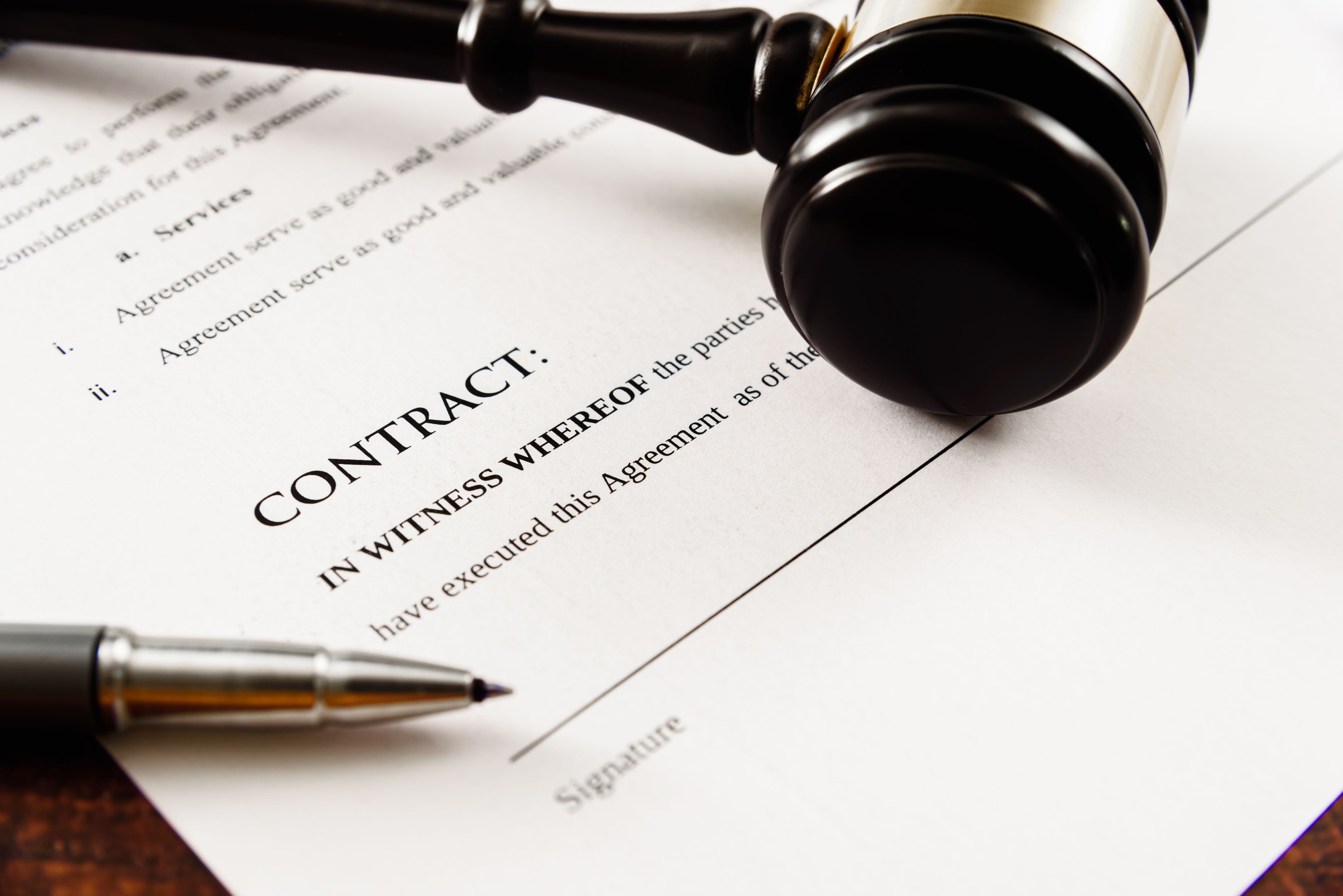
Supporting Bullet Points
- Every lawyer owes their client a fiduciary duty.
- Breaching this duty can result in the lawyer being held liable.
Common Issues People Sue Their Attorneys For:
Supporting Bullet Points
- Case neglect.
- Missing crucial deadlines.
- Mishandling client funds.
- Not informing about vital case aspects.
Elements of Malpractice:

Supporting Bullet Points
- An existing attorney-client relationship.
- The attorney’s negligence or breach of duty.
- Direct harm to the client.
- Quantifiable damages.
Contact Legal Malpractice Lawyers:
Supporting Bullet Points
- The importance of engaging a lawyer familiar with malpractice cases.
- Such lawyers can determine claim viability and guide through the process.
Elements of a Legal Malpractice Case:

Supporting Bullet Points
- The role of evidence like communication logs and retainer agreements.
- Potential witnesses like paralegals or other lawyers.
Have I Suffered an Injury?
Supporting Bullet Points
- The possibility of latent damages.
- The a need to document all repercussions.
What Is The Established Standard of Care?

Supporting Bullet Points
- Refers to norms and practices of similarly situated attorneys.
- Acts as a benchmark for assessing lawyer behavior.
Steps to Take to Sue Your Lawyer for Malpractice:
Supporting Bullet Points
- Starting with a candid conversation.
- Considering mediation.
- Securing representation from an experienced malpractice attorney.
Your Lawyer Must Follow the Rules of Professional Conduct:
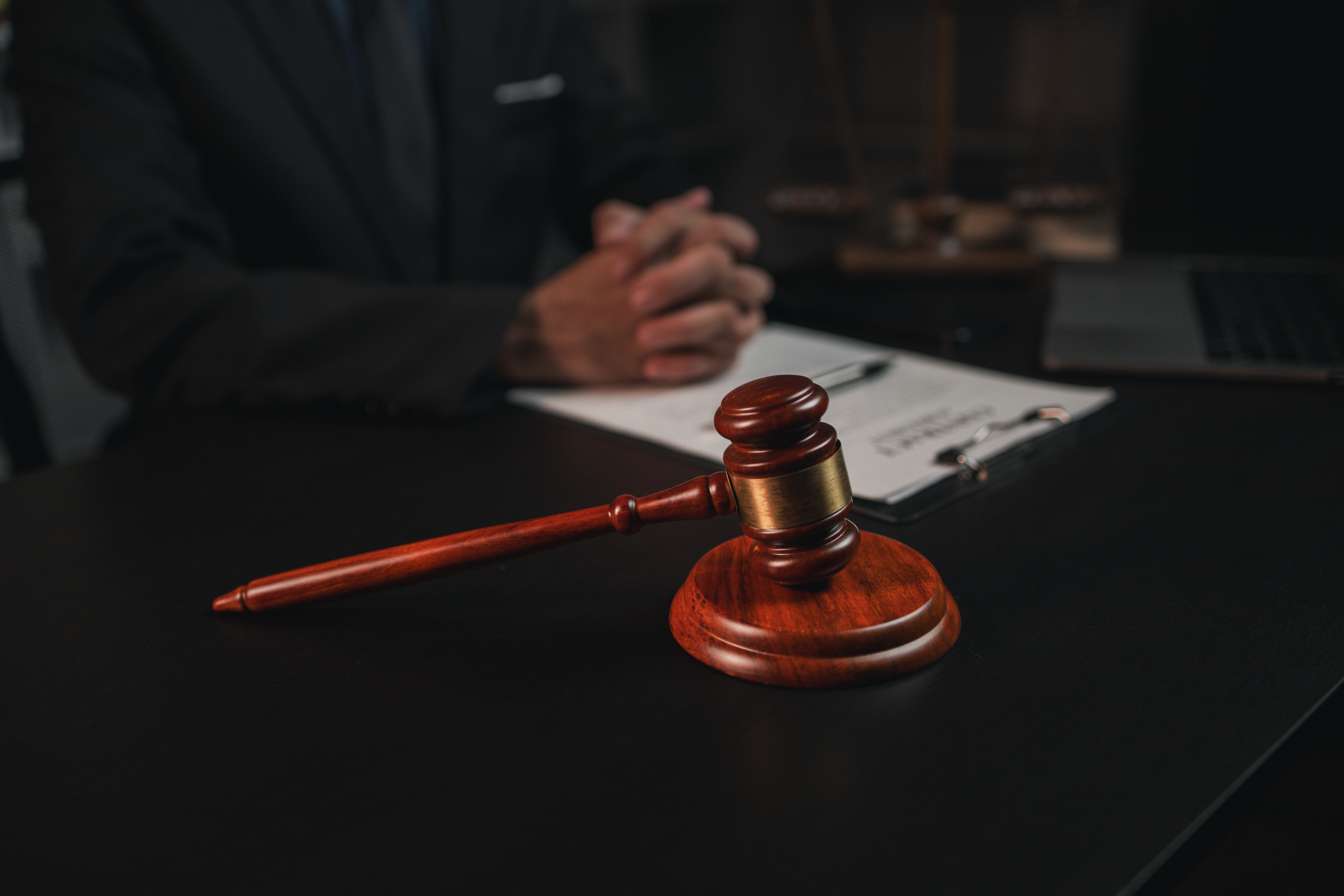
Supporting Bullet Points
- The rules uphold lawyer integrity, confidentiality, and professionalism.
- Potential consequences of violations.
What Is an Attorney’s Duty to Self-Report?
Supporting Bullet Points
- Some jurisdictions require lawyers to report their own professional rule violations.
- Implications of self-reporting.
Speak with a Legal Malpractice Lawyer:

Supporting Bullet Points
- Importance of preliminary assessments and informed advice.
- Representation benefits.
Seek an Experienced Personal Injury Attorney Today:
Supporting Bullet Points
- The value of acting promptly.
- Ensuring a thorough evaluation of the claim’s merits.
Personal Injury Lawyer:
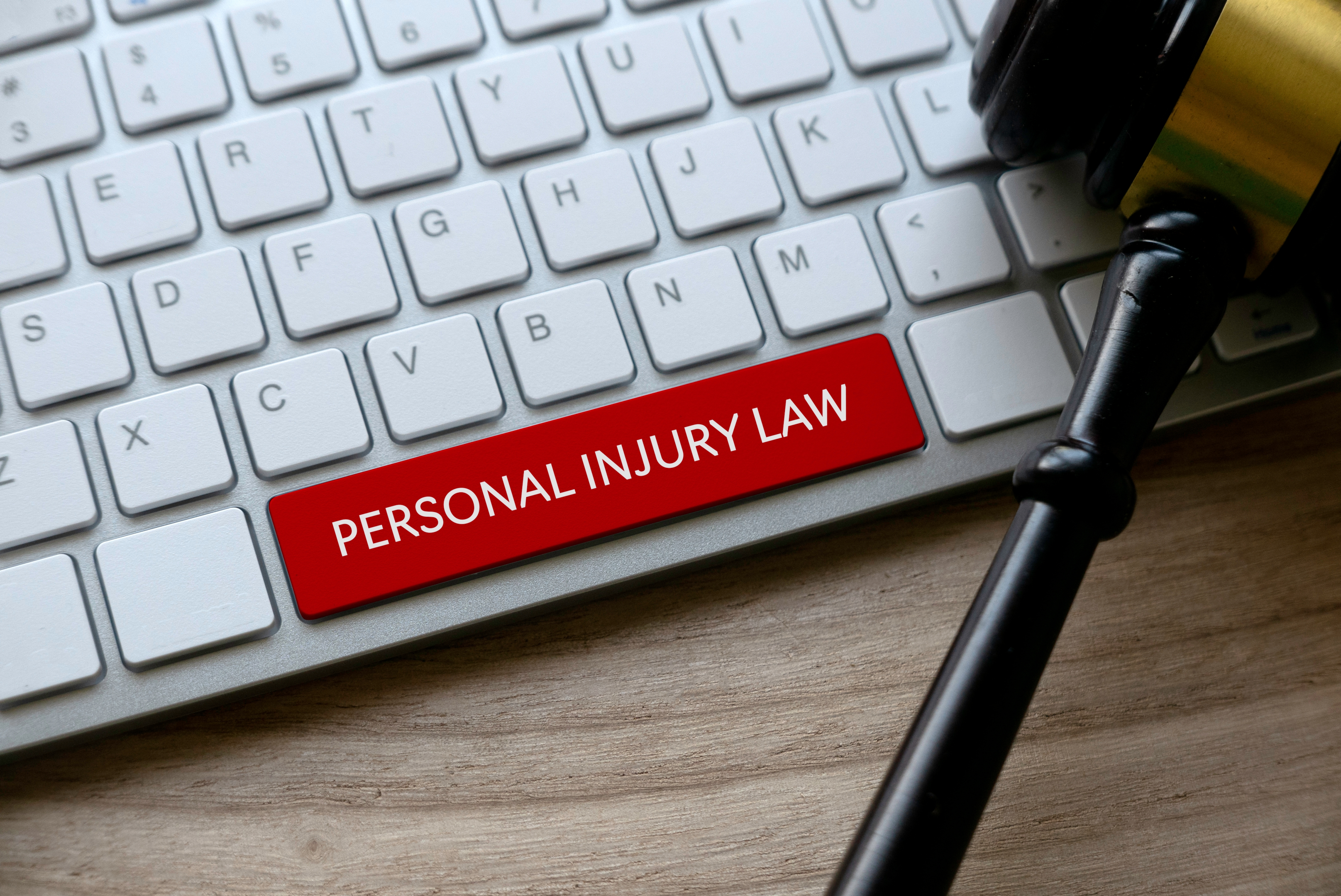
Supporting Bullet Points
- Expertise in navigating personal injury law.
- Representation benefits in settlement negotiations and court.
Attorney Malpractice Attorney:
Supporting Bullet Points
- Specialization in cases of legal professional misconduct.
- Familiarity with legal standards and obligations.
- Representation of clients in malpractice claims.
- Providing claim viability consultations.
Legal Malpractice Claim:
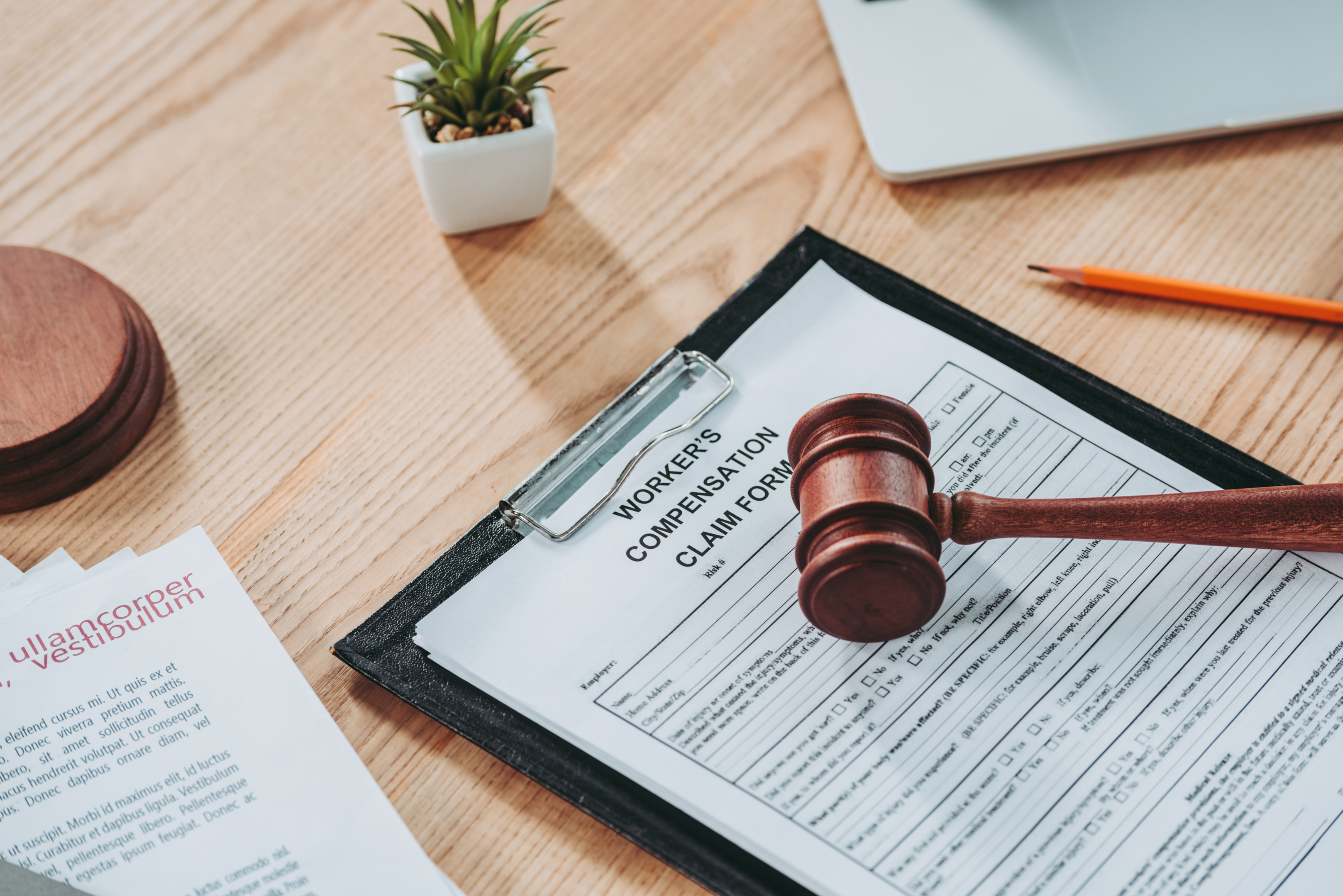
Supporting Bullet Points
- Claims arise when clients perceive attorney shortcomings.
- Requirement of proving relationship, negligence, harm, and damages.
- Potential outcomes of claims.
Attorney Fails:
Supporting Bullet Points
- The ways in which attorney failures can manifest.
- Potential repercussions for clients.
- The importance of documenting perceived failures. Not all attorney mistakes qualify as malpractice; the failure must lead to direct harm and damages.
FAQs
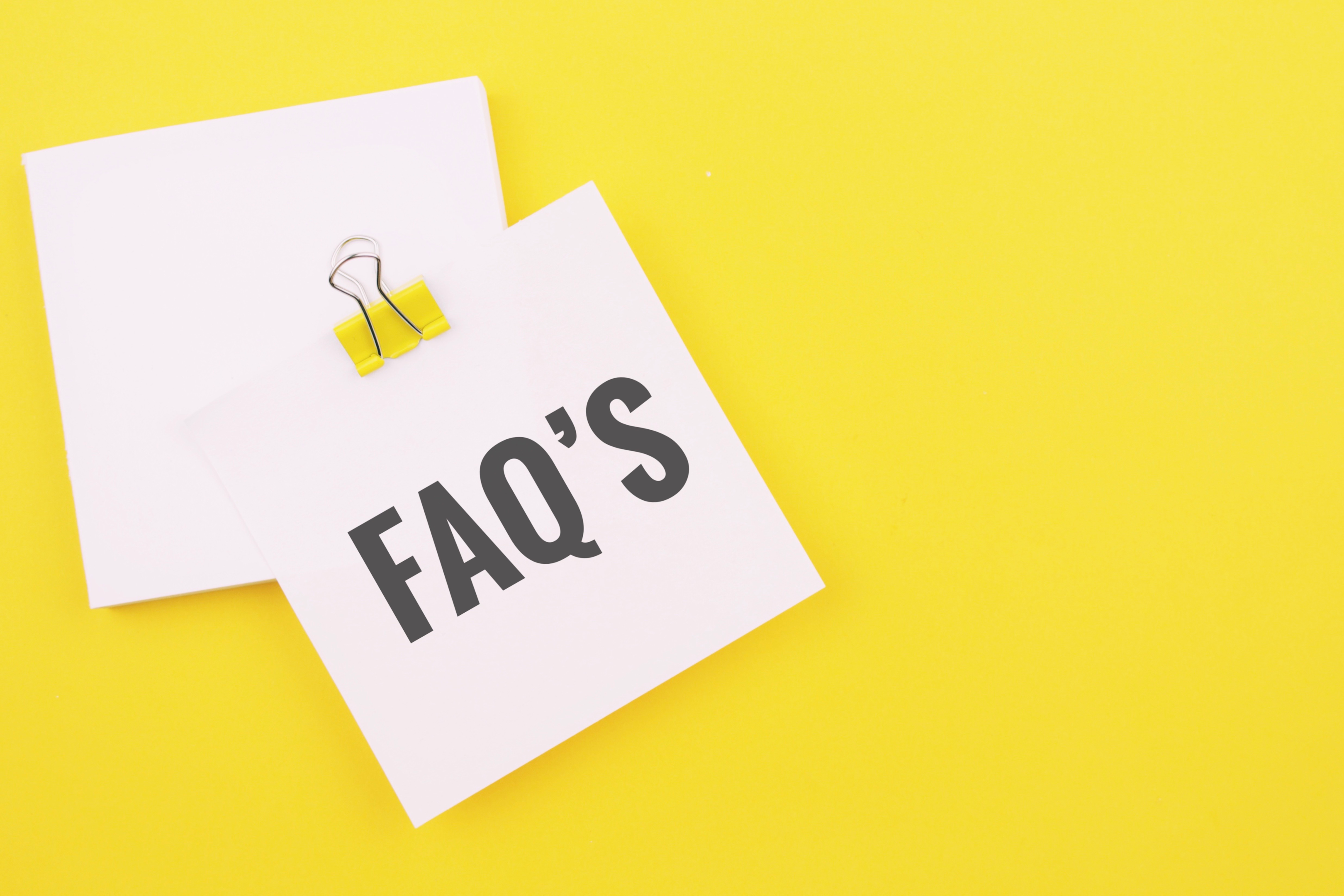
FAQs on “Can You Sue Your Lawyer for Legal Malpractice?”
Q: What does fiduciary duty mean?
- A: It means that every lawyer must act in the best interests of their client, prioritizing their needs and rights.
Q: What happens if this fiduciary duty is breached?
- A: If this duty is breached and results in harm to the client, the lawyer can be held liable, potentially leading to penalties and restitution.
FAQs on “Common Issues People Sue Their Attorneys For”
Q: What does it mean if an attorney neglects a case?
- A: It implies the attorney did not actively pursue or manage your case, possibly leaving it unattended or not giving it due diligence.
Q: Why is missing a deadline significant?
- A: Many legal proceedings have time-sensitive aspects, and missing these can jeopardize a case, possibly leading to adverse outcomes.
FAQs on “Elements of Malpractice”
Q: What constitutes an attorney-client relationship?
- A: There must be a documented professional relationship, typically solidified with a retainer agreement or other contractual means.
Q: How is harm to the client determined?
- A: Harm could be financial, emotional, or otherwise, and it must be directly due to the lawyer’s actions or inaction.
FAQs on “Contact Legal Malpractice Lawyers”
Q: Why should I engage a lawyer experienced in malpractice?
- A: They are familiar with the nuances of such cases and can guide you through the process, ensuring that you have a viable claim and helping you navigate the legal complexities.
FAQs on “Elements of a Legal Malpractice Case”
Q: What kind of evidence is helpful for my case?
- A: Communication logs, retainer agreements, or financial transactions can significantly bolster the case, showcasing the lawyer’s alleged negligence.
Q: How can witnesses help in my case?
- A: Witnesses, like paralegals or other lawyers familiar with the attorney’s actions, can provide testimony, offering additional perspectives on the attorney’s behavior.
FAQs on “Have I Suffered an Injury?”
Q: How do I identify if I’ve been harmed by my lawyer’s actions?
- A: Not all harm is immediately apparent, so it’s crucial to document all repercussions and consult with experts. Some damages, especially financial, might only surface later.
FAQs on “What Is The Established Standard of Care?”
Q: How is the standard of care determined?
- A: It refers to the norms and practices that similarly situated attorneys in the community follow, serving as a benchmark to assess if your lawyer deviated from these standard practices.
FAQs on “Steps to Take to Sue Your Lawyer for Malpractice”
Q: Why should I consider mediation before suing?
- A: Mediation can be a less adversarial, quicker, and potentially less resource-intensive way of resolving disputes compared to a full lawsuit.
FAQs on “Your Lawyer Must Follow the Rules of Professional Conduct”
Q: What are the repercussions if a lawyer violates the Rules of Professional Conduct?
- A: Violations can lead to various penalties, including fines, mandatory education, or even disbarment in severe cases.
FAQs on “What Is an Attorney’s Duty to Self-Report?”
Q: Why would a lawyer self-report a violation?
- A: Some jurisdictions require lawyers to report themselves if they realize they’ve acted against professional rules. This self-reporting maintains trust in the legal profession, even if it leads to disciplinary action.
FAQs on “Speak with a Legal Malpractice Lawyer”
Q: How can a malpractice lawyer assist me?
- A: They can provide a preliminary assessment, represent you in legal proceedings, advise on potential outcomes, and guide you through the legal intricacies of such cases.
FAQs on “Seek an Experienced Personal Injury Attorney Today”
Q: Why is it crucial to act quickly if I suspect malpractice?
- A: Acting promptly increases the chances of preserving evidence, securing witnesses, and ensuring you don’t miss any jurisdiction-specific deadlines for filing a claim.
FAQs on “Personal Injury Lawyer”
Q: How can a personal injury lawyer assist with attorney malpractice?
- A: They can expertly navigate the complexities of personal injury law, negotiate settlements, and represent you in court, ensuring your rights are upheld.
FAQs on “Attorney Malpractice Attorney”
Q: Why would I need a specialized attorney malpractice attorney?
- A: They specialize in cases where legal professionals are accused of wrongdoing and are familiar with legal standards, ensuring you get the best representation for such specific claims.
FAQs on “Legal Malpractice Claim”
Q: What is the basis of a legal malpractice claim?
- A: It’s filed when a client believes their lawyer has failed in their duties, requiring proof of the relationship, negligence, direct harm, and quantifiable damages.
FAQs on “Attorney Fails”
Q: How do I identify attorney failures?
- A: Failures can range from missing deadlines, mishandling funds, or providing incorrect advice. It’s crucial to document interactions and perceived failures to support potential claims.
Q: Does every mistake by an attorney qualify as malpractice?
- A: No, not every mistake is malpractice. There must be a direct link between the mistake and harm, leading to damages.
Related Terms: attorney malpractice attorney, legal malpractice claim, attorney owed, legal malpractice cases, former lawyer, legal malpractice attorney, former attorney, attorney breached, legal malpractice lawsuit, legal malpractice claims, committed legal malpractice, attorney committed malpractice, law firm, legal malpractice occurs, legal representation, attorney-client privilege, negligent attorney, medical malpractice, lawyer failed, lawyer settles, legal documents, legal services, attorney failed, new attorney, prove malpractice, constitutes malpractice, serious error, family law, other attorneys, financial loss, informed consent, suffered financial losses, timely manner, act properly, state bar association.













